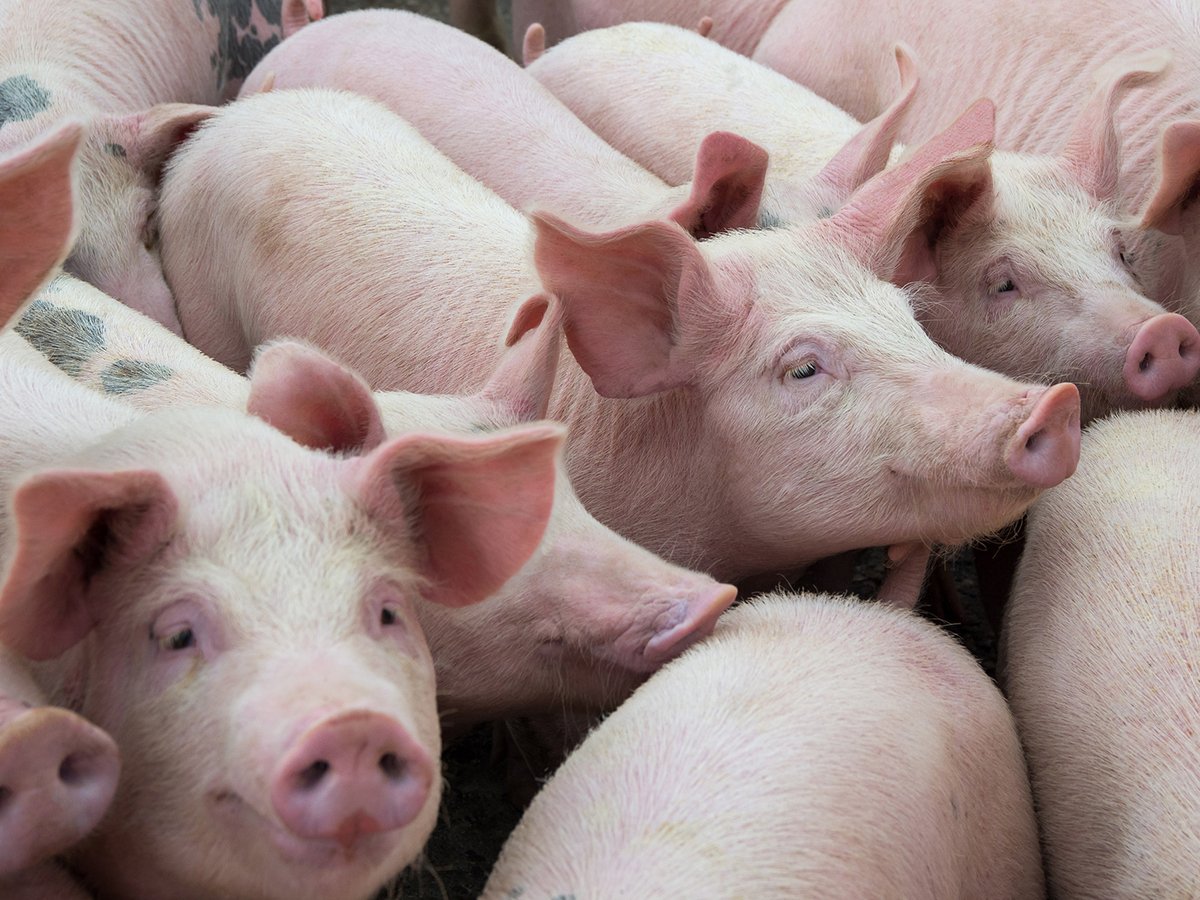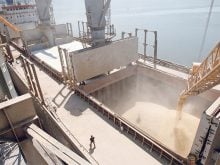CANADIAN agriculture is beset by trade issues of many descriptions.
Last week, it was China’s announced intention to require Canadian canola imports to carry certification that they are free of blackleg. This, even though blackleg is endemic to China, as it is to Canada, and even though Canadian canola seed is destined for processing, not seeding, when it reaches China.
This smells more like a trade restriction for political reasons than a sincere concern about crop disease spread.
The week before that, it was the announcement of new tariffs on Canadian durum exported to the European Union, in which Italy is the largest market for the crop.
Read Also

Quebec pork company calls for transparency around gene-edited pigs
Quebec-based pork company duBreton is calling for transparency around meats from gene-edited pigs on concerns that a lack of mandatory labelling will confuse consumers, and dilute certification claims. The organic sector is also calling for labelling rules.
A few weeks previous, rumours of genetic contamination in mustard caused market disruption and just before that, Canadian exports of flax to Europe were halted because a deregistered GM variety was detected in some shipments.
Several Canadian canola crushing plants are under U.S. shipping restrictions because of salmonella bacteria in meal, even though that meal is destined for cattle feed and is not a threat to animal or human health.
On the meat side of the Canadian export equation, groundless fears over H1N1 influenza drastically affected Canadian pork export markets in a number of countries.
Lingering trade restrictions due to BSE cases in Canada continue to limit exports. Country-of-origin labelling in the United States continues to discourage shipments to feeders and processors south of the border.
International trade is complex. Trade deals are equally complex.
In light of these truths, it is easy to be cynical about the process of developing an international trade deal and the ability of that deal to address disagreements.
At the end of this month, a regular ministerial meeting of the World Trade Organization will convene and is likely to decide the fate of the Doha Round of talks, now in their eighth year. Either a way forward will be seen or the round will end and years will likely pass before another attempt is made.
It may be useful at this stage to remind ourselves that the history of international deals involving agriculture is brief. Although multilateral trade negotiations began in 1948, agriculture was not included in negotiations until the Uruguay Round in 1986.
The Doha Round, now underway, is only the next step in that short line. Fraught with controversy though it is, a world trade agreement is a worthy goal, depending on the terms.
No agreement is going to solve all problems. Perhaps the best we can hope for, as a country so reliant on international trade for its agricultural health, are small advances that can help limit the ever-widening array of methods countries use to hinder trade.
It wouldn’t hurt to develop a quicker dispute resolution process either, so countries could more quickly find redress for unreasonable trade restrictions.
What is the alternative to international trade without rules? Every country for itself? Countries abandoning their responsibilities to one another and to the citizens of a global community? Bilateral deals that can solve immediate problems but potentially create new ones?
Member countries of the WTO, Canada among them, owe it to themselves and each other to find a way toward an international agreement, even if it involves small steps.
Bruce Dyck, Terry Fries, Barb Glen, D’Arce McMillan and Ken Zacharias collaborate in the writing of Western Producer editorials.
















